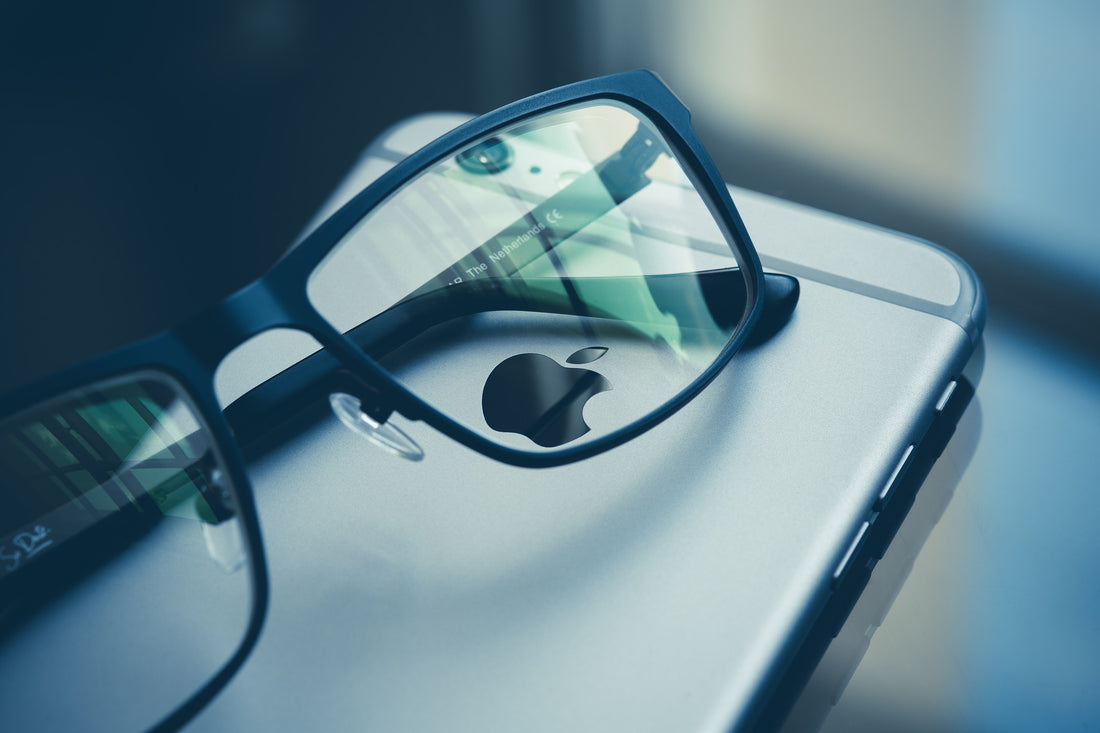
Keeping Your Eyesight Healthy and Strong for Years to Come
Our eyesight is essential to everyday life, and thus making sure we have healthy eyes is also very important. Unfortunately, as the years go by and we spend more time exposing ourselves to various electronic screens and devices, our eyes are being put at risk. Fact is, screens produce a large amount of potentially harmful light, and we spend much of our time staring at our screens and thus absorbing that light.
This can cause damage to our eyes, and blue light in particular has been found to cause damage when we are exposed to too much of it. This is an especially major concern for small children, whom still have growing and developing eyes. Overexposure, especially to blue light, can contribute to long-term damage and could affect your child’s quality of life for years to come.

Blue light is also a threat because it can disturb sleep patterns. When our body absorbs blue light, it interferes with the production of the sleep hormone melatonin and tricks your body into thinking it’s daytime. This can disrupt your natural sleep cycle, also known as your circadian rhythm, and can cause a poor night’s sleep.
With so many people suffering from insomnia, and so many children already resistant to bed time, this is obviously bad news. OptiGuard Glass Blue filters out most of these harmful rays so your body can sleep naturally.

Small screens can cause damage on your eyes because you tend to focus on them. How often do you see people with screens only inches from their face? Yet by putting the screen so close to our eyes, it also means more harmful light will directly bombard your eye lenses. Blue light can be especially damaging because the wavelengths penetrate deeper into our eyes. This could potentially cause more damage inside your eyes themselves, and over the years this damage can really add up.
Smartphones have driven the consumption of digital media for British children and adults alike. A survey found that British adults spend nearly 10 hours a day in front of a screen. In 2016, nearly three of those hours were spent consuming content through a portable digital device, such as a tablet or smartphone. Consumption is expected to rise in the years ahead.

The BBC has also found that children are spending 6 hours or more in front of screens. This compares to only 3 hours a day in 1995. Much of the increased time is being spent on tablets and smartphones, rather than in front of TVs. While smartphones offer valuable learning opportunities, so much time in front of a screen could potentially risk damage to your eyes.
There are solutions, and in this case it’s actually possible to filter out most of that harmful blue light. This will reduce strain on your eyes. At QDOS, we take our health and our families’ health seriously. We decided to create a screen protector that not only protects screens, but also our eyes. Thus, the OptiGuard Glass Blue screen protector was born!
Our thin, glass screen protector with blue light filter blocks out most of the harmful waves of blue light. Not only will the screen be easier on your eyes, especially if you use your smartphone for long periods of time, but it may also help protect your vision. If you or your children are spending a lot of time on your smartphone, you need to consider a protective screen that doesn’t just protect your phone, but also your eyes.
If you want to style your phone whilst also being able to protect your screen, we have a range of case friendly screen protectors that are perfect for you.